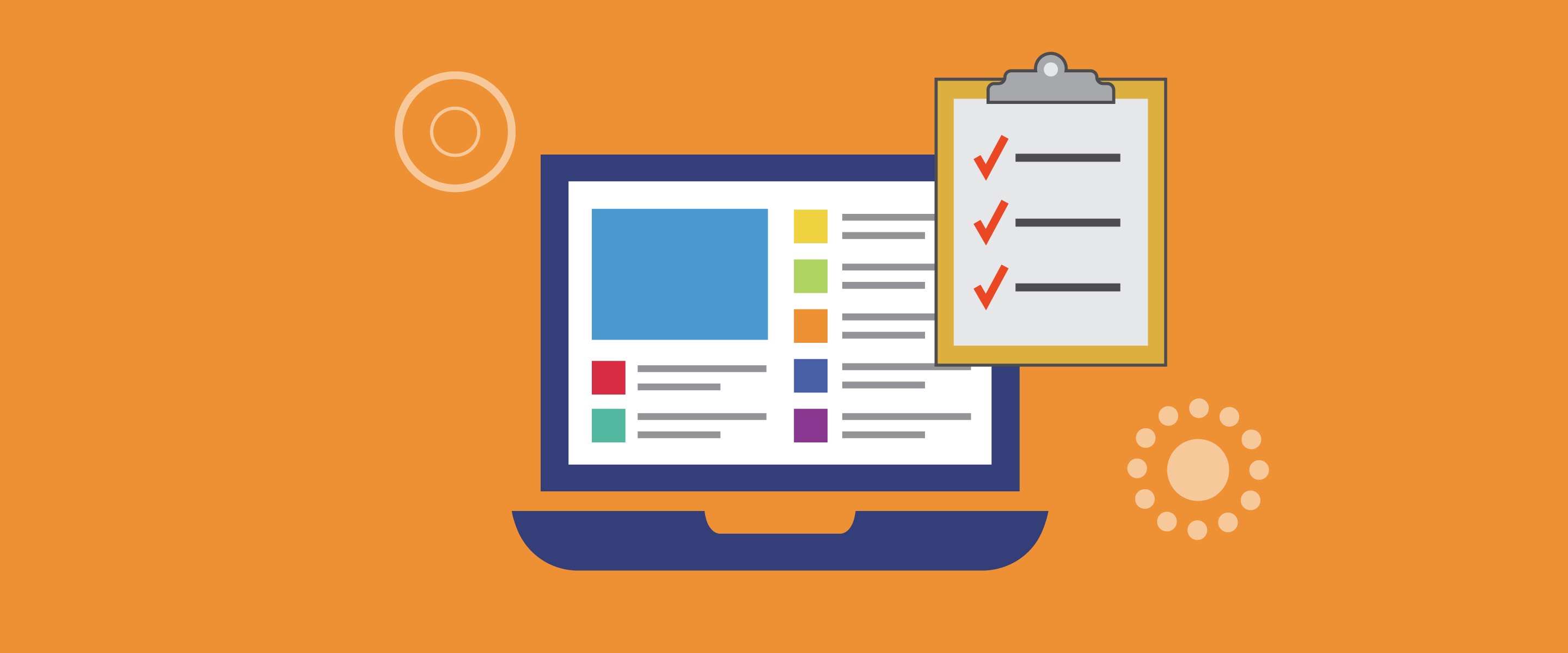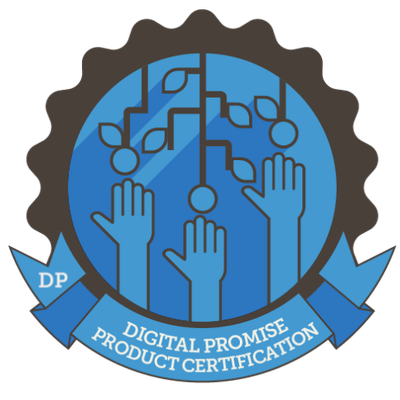

Our research on the Learner Variability Project has demonstrated the tremendous variability among learners. Without designing to reach the full diversity of learners, we risk creating inequitable solutions that support certain kinds of learners and not others, and widening opportunity gaps.
Edtech products designed to attend to learner variability are more likely to support the broad range of a learner’s strengths and challenges that can vary in different contexts and that create multiple opportunities for differentiation.
A product that earns this certification will provide evidence of the following:
This certification expires after two years. Earners are welcome to re-apply to retain certification status.
What other certifications are there? Learn about the Practitioner-Informed Design product certification here.